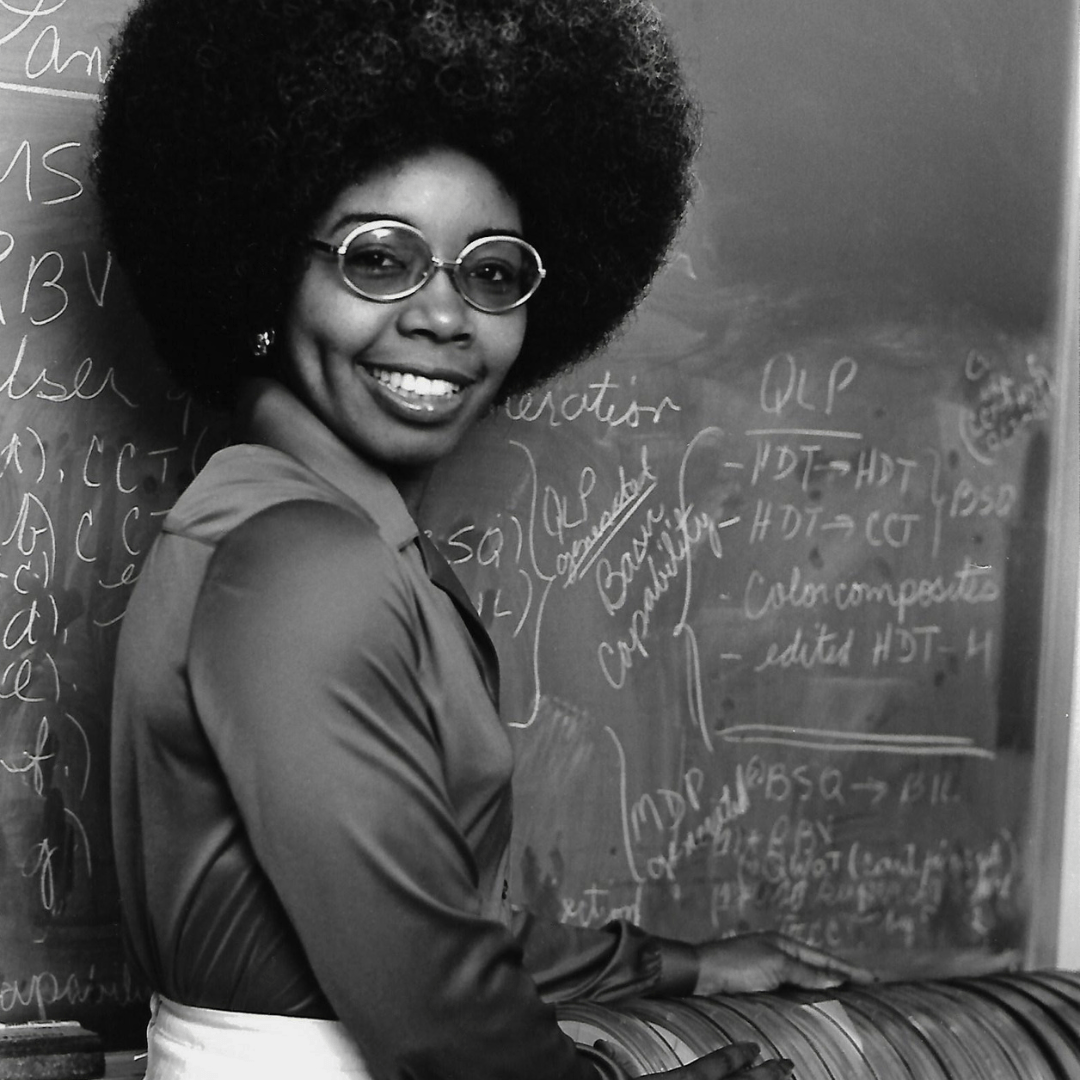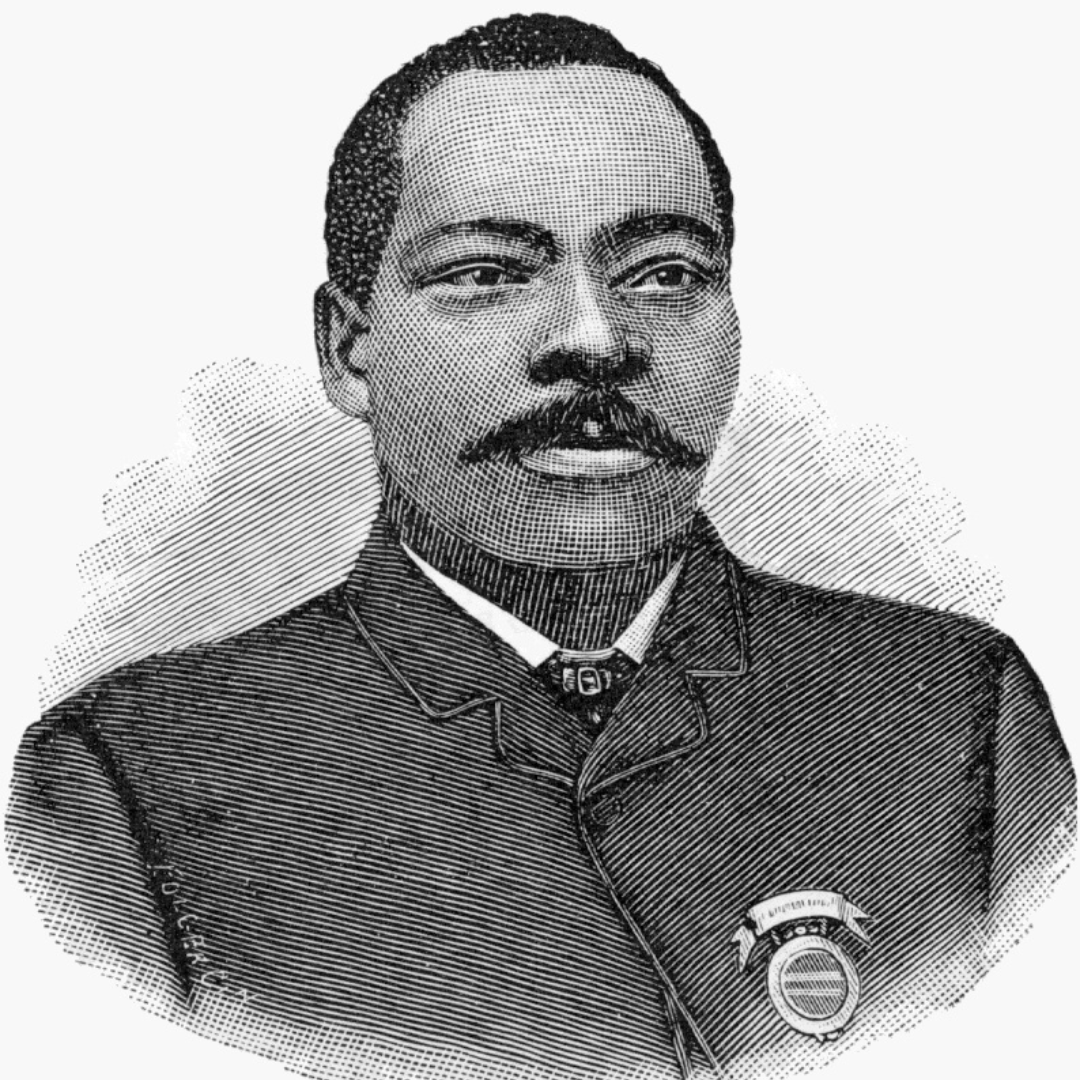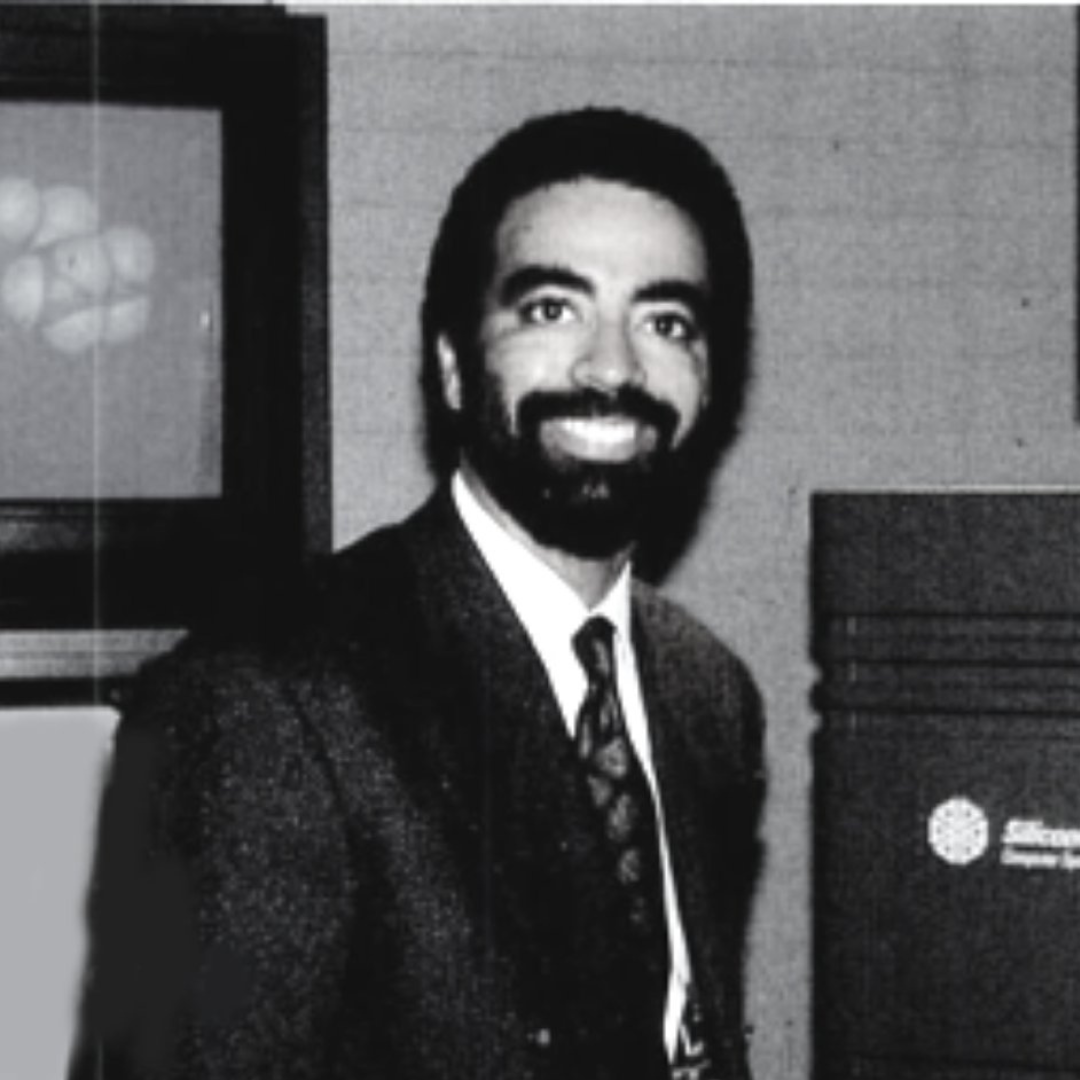5 Black Pioneers in STEM

Celebrating a STEM-tastic Black History Month
Happy Black History Month! Now is not only a time to reflect on the achievements of Black individuals and communities, but also a time to recognize the ongoing struggle for racial equality and social justice. From the earliest days of recorded history, Black scientists, inventors, and mathematicians have been at the forefront of scientific discovery and technological innovation, but their accomplishments have often been erased or dismissed. In order to do our part to engage with the rich history of Black people and to appreciate the massive contributions Black communities have made, we’re spotlighting five pioneering Black innovators who’ve shaped today’s technological landscape and whose legacy continues to inspire future generations of scientists and technologists.

Granville Woods
Born in Columbus, Ohio, Granville Woods was a great inventor, specifically known for his 15 different appliances for the electric railways. He was most known for inventing the multiplex “induction telegraph,” which allowed for voice communication through telegraph wires and prevented many train accidents. He became known as “Black Edison” because Thomas Edison tried to sue Woods after he invented the multiplex telegraph. The lawsuit failed, so Edison tried to make Woods a partner, but he refused. Woods held nearly 60 patents at the time of his death.

Valerie Thomas
Valerie Thomas had a strong interest in technology early on but didn’t receive support for it until she attended Morgan State University. She was one of only two women in her class to major in physics. She excelled at school and landed a job as a mathematical/data analyst for NASA. She worked at NASA from 1964 to 1995, conducting large-scale experiments, developing computer data systems, and most notably, spearheading the development of the first satellite to send images from space, “Landsat.” The technology she developed is still used by NASA today.

Clarence "Skip" Ellis
Clarence “Skip” Ellis was the first African-American to earn a Ph.D. in computer science. He had a long career at major tech companies like Bell Telephone Laboratories, IBM, Xerox, and more. At the Palo Alto Research Center, Ellis spearheaded a group that invented Officetalk: the first office system to use icons and ethernet to allow people to collaborate from a distance. Ellis was also a real pioneer in the field of operational transformation, which is found in modern collaborative apps like Google Docs. For all of these accomplishments, Ellis is (sometimes, cheekily) known as the Father of Remote Work.

Marc Regis Hannah
For the graphics in Jurassic Park, Aladdin, Beauty and the Beast, and more, we have electrical engineer and computer graphics designer Marc Regis Hannah to thank. In 1982 Hannah co-founded Silicon Graphics, Inc., eventually becoming the company’s principal scientist. His computer graphics technology has been used in major motion films as well as commercials, the intro for Monday Night Football, and by George Lucas’s visual effects studio, Industrial Light & Magic.

Lisa Gelobter
Lisa Gelobter graduated from Brown at the age of 20 with a computer science degree and a concentration in artificial intelligence and machine learning. After working as the Chief Digital Officer for BET Networks and launching Hulu (Hulu!), Gelobter also served as the Chief Digital Service Officer for the U.S. Department of Education during the administration of President Barack Obama. Never one to rest on her laurels, in 2016, Gelobter founded and became the Chief Executive Officer of tEQuitable, a company that provides an independent, confidential platform to address issues of bias, harassment, and discrimination in the workplace.
All of these STEM game-changers have left (or are still leaving) an indelible mark on history. Their legacies persist through their inventions and improvements, still used in today’s tech. Want to learn more about The Coding Space’s commitment to racial equity? Check out our Social Impact page.